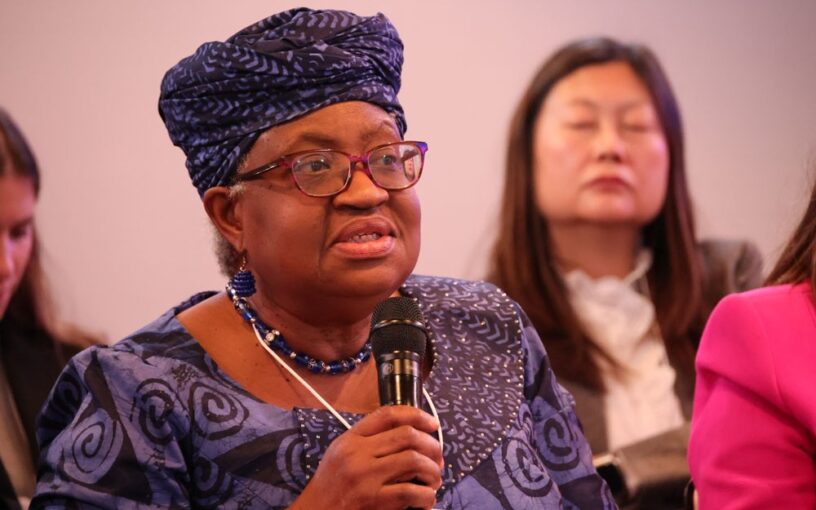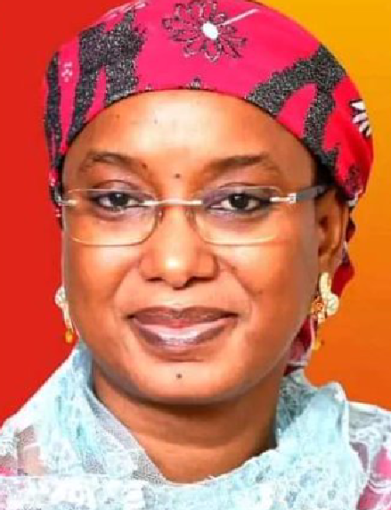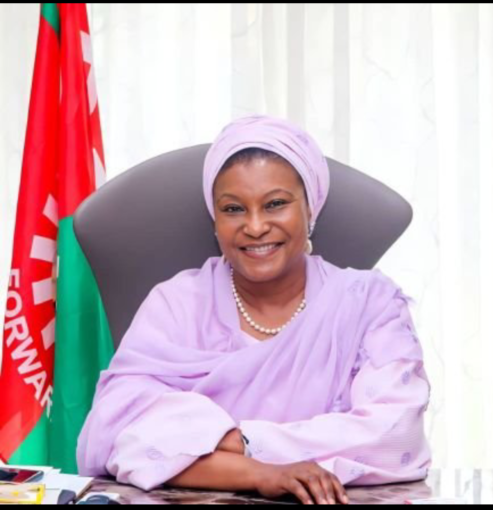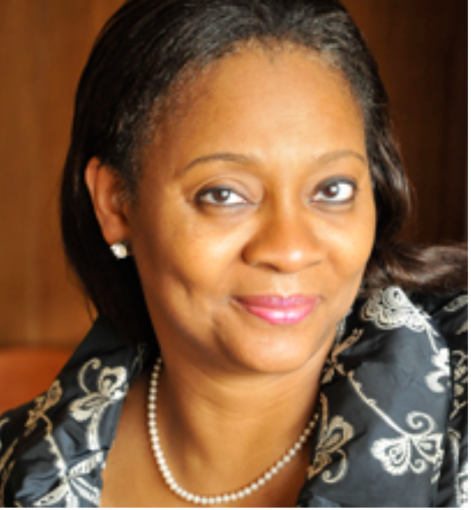Nigerian women shattering the political glass ceiling

Just over a year ago, an audacious Nigerian female politician came close to enacting a remarkable change in the country’s political landscape. In the aftermath of a keenly contested March 2023 gubernatorial election in Adamawa state, in the conservative north, Aishatu Dahiru Ahmed of the All Progressives Congress Party (APC) lingered in the shadows of becoming the first elected female governor of a state in Nigeria.
A shadowy win

Fondly called Aisha Binani, the female politician gave a speech of recognition as “governor-elect” while basking in the euphoria of success. Having been initially declared the winner by the resident electoral commissioner, her excitement was cut short by the Independent National Electoral Commission when final tallied votes showed she had lost the contentious election. During the electoral contest in the country’s conformist northeast, her tenacity emphasized that Nigerian women want crucial places in Nigeria’s politics. But Ms. Aisha Binani was not alone in her political audacity, electoral grit, and quest for a paradigm shift.
An intentional reawakening
At the return of democracy in 1999, women demonstrated a predilection for active political participation in Nigeria. This idea was seen from the Olusegun Obasanjo (1999-2007) civilian administration to Umaru Musa Yaradua’s short-lived presidency (2007-2010). The development continued with the Goodluck Jonathan administration (2010-2015) and Muhammadu Buhari’s time in office (2015-2023). Women of courage and conviction rose to be counted and recorded in the country’s administrative and political traditions. The trend has persisted with the current administration of President Bola Ahmed Tinubu, who assumed office on May 29, 2023.
With the continuing consolidation of democracy and the deepening of gender equality in the workplace, Nigerian women have become aware both socially and politically, thereby engendering a brand new breed of women politicians who are not afraid to approach and shatter the proverbial glass ceiling.
Many women are in the sociopolitical space, but only a few remain daring and dominant faces, nudging and provoking the male-dominated political order.
Women and ministerial slots
Public evidence shows a rise in the number of women holding political offices in Nigeria. The growth began taking root in the center in 1979 when the civilian administration of President Shehu Shagari (1979-1983) appointed Janet Akinrinade as Internal Affairs Minister and Ebun Oyagbola as National Planning head. Notably, this period witnessed no elected woman federal senator.
President Olusegun Obasanjo upped the ante by including nine women in his government from 1999 to 2003. However, the number dropped to five during the early period of his second tenure (2003-2007). In totality, President Obasanjo named fourteen women to his cabinet. Some prominent names were Obiageli Ezekwesili, Minister for Solid Minerals, and Ngozi Okonjo-Iweala, Minister for Finance.
On his part, President Goodluck Jonathan sustained the trend of women in key cabinet positions while he was in power. The current president’s ministerial list has nine women serving in senior and junior positions, representing 20% of his 45 ministerial spots.
While falling short of the 35% promised during stump speeches by President Bola Ahmed Tinubu, women have made commendable inroads into politics in Nigeria’s current democratic government. They can collectively achieve more laudable wins if this gathering momentum is maintained going into the next election circle. The government needs to demonstrate a solid commitment to gender balance in government if Nigerian women are to convincingly and permanently shatter the metaphorical glass ceiling.
Challenging the status quo

Some eminent Nigerian women politicians have become recognizable in the country’s political culture. For instance, no one could dislodge Peoples Democratic Party’s Senator Philip Aduda, who had represented the Federal Capital Territory Abuja since 2011. But all it took was the candidacy of Ireti Kingibe of the Labor Party.
The courageous woman unseated the long-serving senator representing the nation’s capital in last year’s senatorial elections. Senator Kingibe’s victory is significant in Nigeria’s current political culture, where women struggle to be regarded as first-class electoral contenders. It is an inspiring and legendary victory that portends remarkable achievements for women in the country and elsewhere on the African continent, where women are regarded as afterthought considerations for political appointments and elective offices.
Other Nigerian women who have made their local and international marks in administrative and political roles are Dr. Ngozi Okonjo-Iweala, serving DG of the World Trade Organization, Amina J. Mohammed, the UN’s Deputy Secretary General, and Salamatu Hussaini Suleiman who, between 2012 and 2016, worked as Commissioner for Political Affairs, Peace, and Security at the Economic Community of West African States (ECOWAS’s) secretariat.

Other prominent names are Obiageli Ezekwesili, a former Vice President (Africa Region) at the World Bank, and Arunma Oteh, a formerly Vice President and Treasurer at the same institution. The distinguished list also includes Ambassador Joy Ogwu, who served as Nigeria’s Permanent Representative at the UN for nearly a decade, and Zainab Ahmed, an Executive Director (Alternate) at the World Bank Group with responsibilities for Angola, Nigeria, and South Africa.
Significance of having women in politics
A greater participation of women in Nigerian politics is significant because it creates a sense of gender parity in the political clime. Moreover, it also recognizes women’s talents, resourcefulness, and creativity. Furthermore, it supports the idea that women have innate administrative merits that are functional in politics, conflict resolution, and administration. Again, it disproves the 2016 view of former President Buhari while visiting Germany. He said: “I don’t know which party my wife belongs to,” adding, “But she belongs to my kitchen, and my living room, and the other room.”

Women’s rise in Nigeria and international politics has bolstered efforts by specialized groups catering to women’s interest in business, science, technology, engineering, mathematics, and several other niches. The rise underscores the argument that the emblematic glass ceiling in Nigerian politics is being smashed by women of courage and talent who are making tangible political achievements.
Asking for more
Available data gives women a reason to hope they will be given more places at the table in the coming years. However, these future appointments will be predicated on how women officeholders execute their current national and international assignments. Nigerian women politicians will be emboldened to ask for more if those currently in office meet and exceed expectations placed on them by critics and supporters alike.

